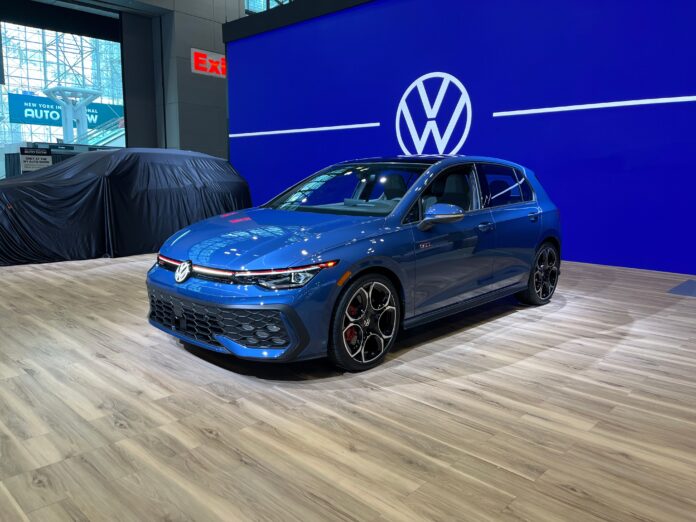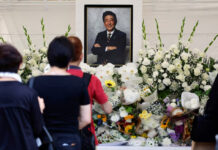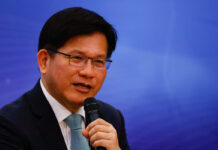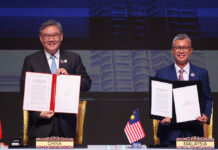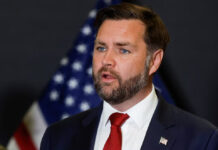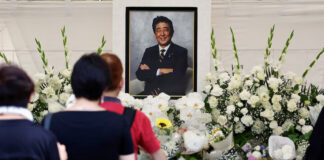Volkswagen Group CEO Oliver Blume has expressed confidence in ongoing trade discussions with the United States government, describing the talks as “fair” and “constructive,” while signaling plans for significant investments in the U.S. market.
In an interview with the German daily Sueddeutsche Zeitung, Blume revealed that the automaker is actively engaged in discussions with U.S. officials, notably Commerce Secretary Howard Lutnick, in a bid to navigate the current tariff environment and bolster Volkswagen’s presence in its most crucial export market.
“So far, we have had absolutely fair, constructive discussions,” Blume said. “I was in Washington myself, and we have been in regular dialogue ever since.”
Volkswagen is among several global companies exploring strategic responses to the United States’ import tariffs, introduced under former President Donald Trump. While firms in other sectors have ramped up U.S. investments, German automakers have generally been more reserved, despite the U.S. being a key destination for their exports.
Blume, who also heads Porsche AG, affirmed that Volkswagen is looking to expand its U.S. footprint. Notably, Audi, Volkswagen’s premium brand with no current U.S. production facilities, is now planning to begin manufacturing certain models in the country. According to the company, this move was already in the pipeline before the Trump administration’s tariff measures.
“The Volkswagen Group wants to invest further in the USA. We have a growth strategy,” Blume stated, though he refrained from disclosing specific investment figures or timelines, citing confidentiality agreements.
The automaker’s push comes amid broader industry efforts to mitigate the impact of a 25% import levy introduced earlier this year. Sources said that Volkswagen, along with other German carmakers, is leveraging current and planned U.S. investments to negotiate favorable terms.
While a recent U.S. trade court decision blocked many of the tariffs, a federal appeals court has temporarily reinstated them pending the outcome of the government’s appeal. These tariffs have already cost companies over $34 billion, according to analysis.
Asked about the possibility of a swift resolution, Blume declined to echo BMW CEO Oliver Zipse’s optimism that tariffs could be eased by July. “Of course, I also want it to happen quickly. But it depends on many factors and I can’t promise anything,” he said.
Volkswagen’s readiness to deepen its U.S. commitments highlights the strategic importance of the American market and reflects the company’s intent to remain competitive amid shifting global trade dynamics.
Written By Rodney Mbua









